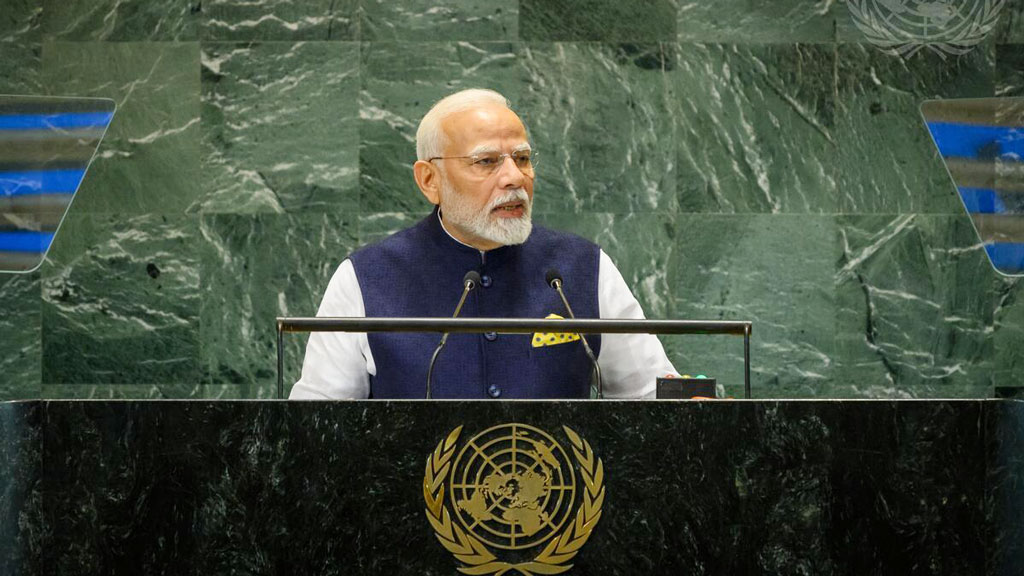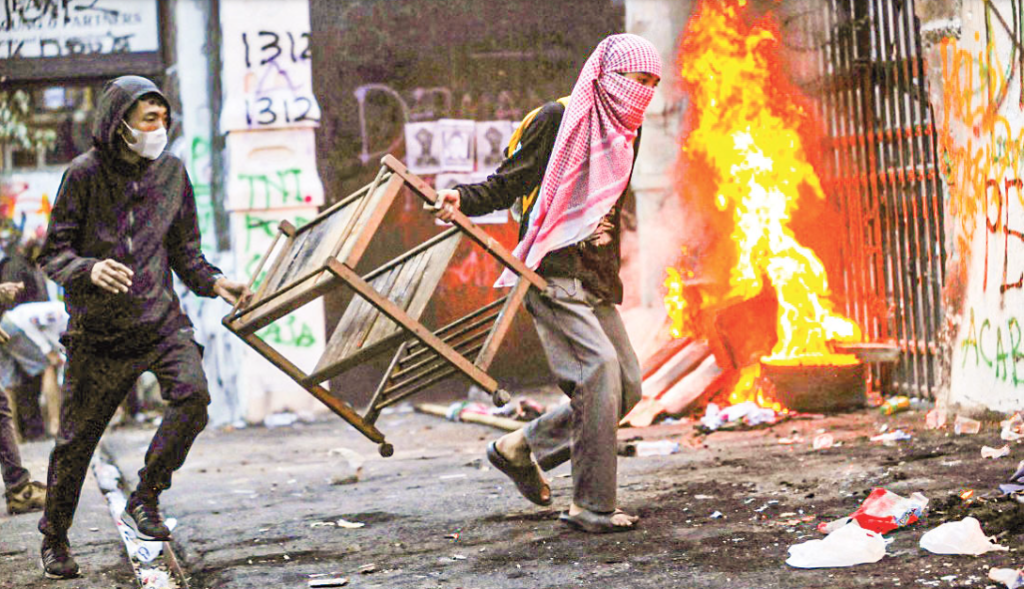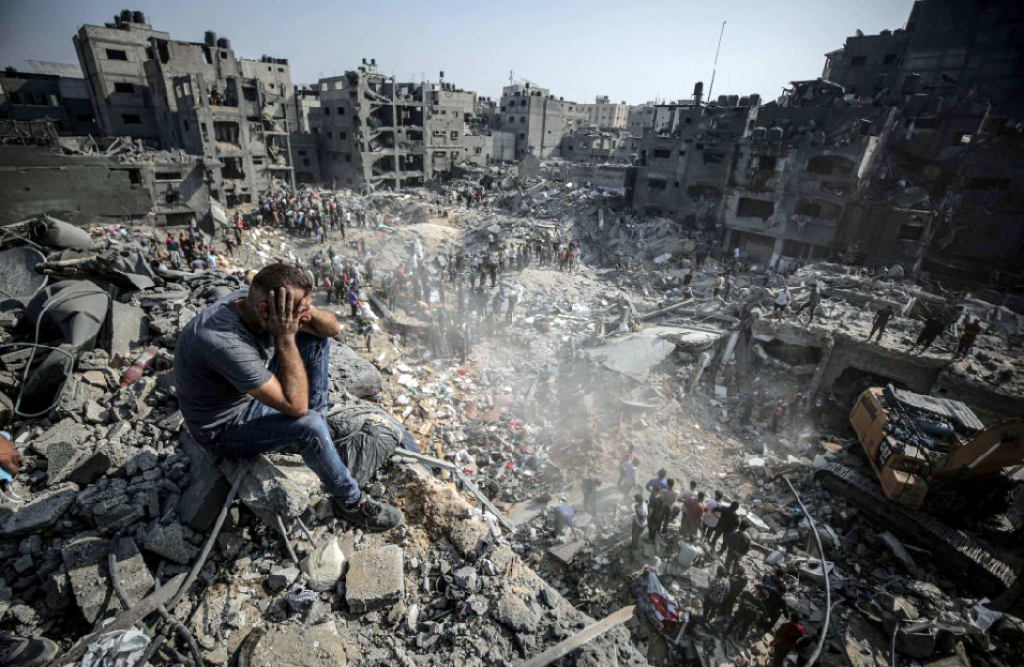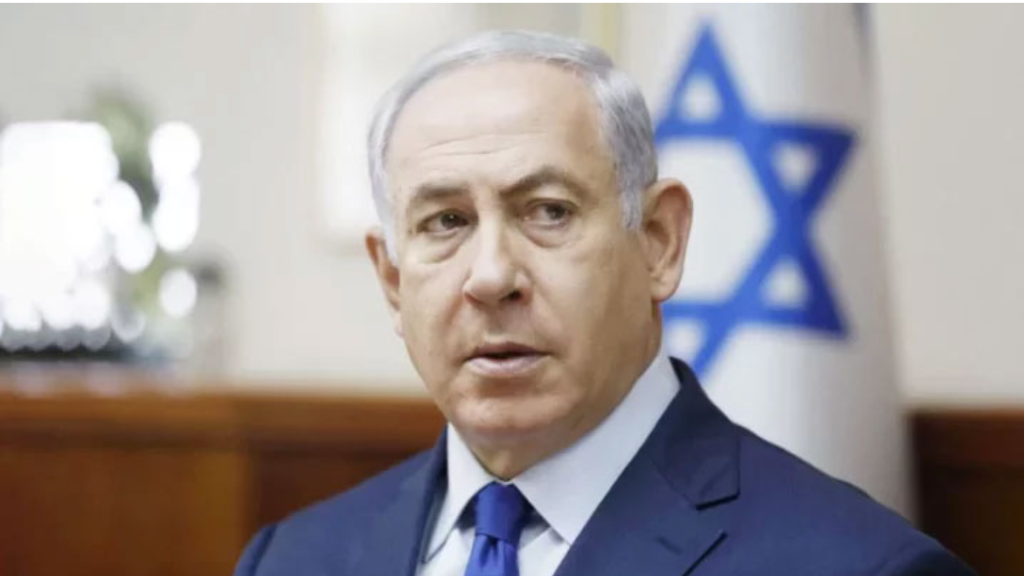Desk Reports:
The annual session of the United Nations General Assembly is going to be held from September 23 to 27. This global diplomatic forum to be held in New York, USA, is usually attended by heads of state or government of the world’s influential countries to present their positions. However, this year, Indian Prime Minister Narendra Modi is not going there. In his place, External Affairs Minister S. Jaishankar is participating as a representative. He will also deliver a speech on behalf of the Prime Minister.
This decision raises the question, what is the real reason behind Modi’s absence? Is India shifting its diplomatic priorities? Or is it just a decision taken due to the busy schedule and reality?
India has always used the UN General Assembly to showcase its role. India’s active role in peacekeeping missions, its voice for developing countries, its advocacy for climate change, sustainable development and multilateralism – these are all issues that have always been on the agenda of Indian delegates. So if a leader like Modi, who is used to placing himself at the centre of international politics, does not go, then its diplomatic message will be different.
International analysts say that Delhi may now be adopting a new strategy in global forums. India’s foreign policy is now largely focused on bilateral relations and regional diplomacy. India has separate diplomatic initiatives in the United States, Europe, Russia, Japan – everywhere. Therefore, Delhi may be considering multilateral forums like the General Assembly as relatively secondary for the time being.
But it is also true that the UN stage is still symbolic for many countries. The leader’s presence here sends a political message more than he announces policies. For example, when the President of the United States, the President of China or the representative of Russia gives a speech, the whole world listens attentively. Modi used this stage until last year to project his image internationally. His absence this year has given rise to various explanations in diplomatic circles.
Some observers believe that India’s internal preoccupations and domestic political pressures may be the reason for this. Modi’s schedule is very busy with the economy, agriculture, industry and the upcoming state elections. Besides, External Affairs Minister Jaishankar is a long-time diplomat who knows the ins and outs of the UN very well. Therefore, Modi has unwavering trust in him.
On the other hand, some say that Modi’s decision is a reflection of India’s now confident position in global politics. India may be trying to convey that its voice is now not limited to the UN stage but is much more influential through the G20, BRICS, Quad, and various regional and global partnerships.
However, India’s absence will also pose some challenges from a diplomatic perspective. Pakistan always uses the UN General Assembly to raise the Kashmir issue. In Modi’s absence, it may be difficult to respond to Pakistan’s statements at the diplomatic level. Jaishankar, although experienced, cannot be compared to the status of the Prime Minister.
Therefore, Modi’s decision is not just seen as a cancellation of a visit, but is considered a reflection of India’s diplomatic priorities and confidence. India’s message in the arena of world politics is now clear. India is indicating that Delhi is no longer dependent on multilateral platforms alone, but is also building a strong position through its own bilateral and multilateral alliances.




